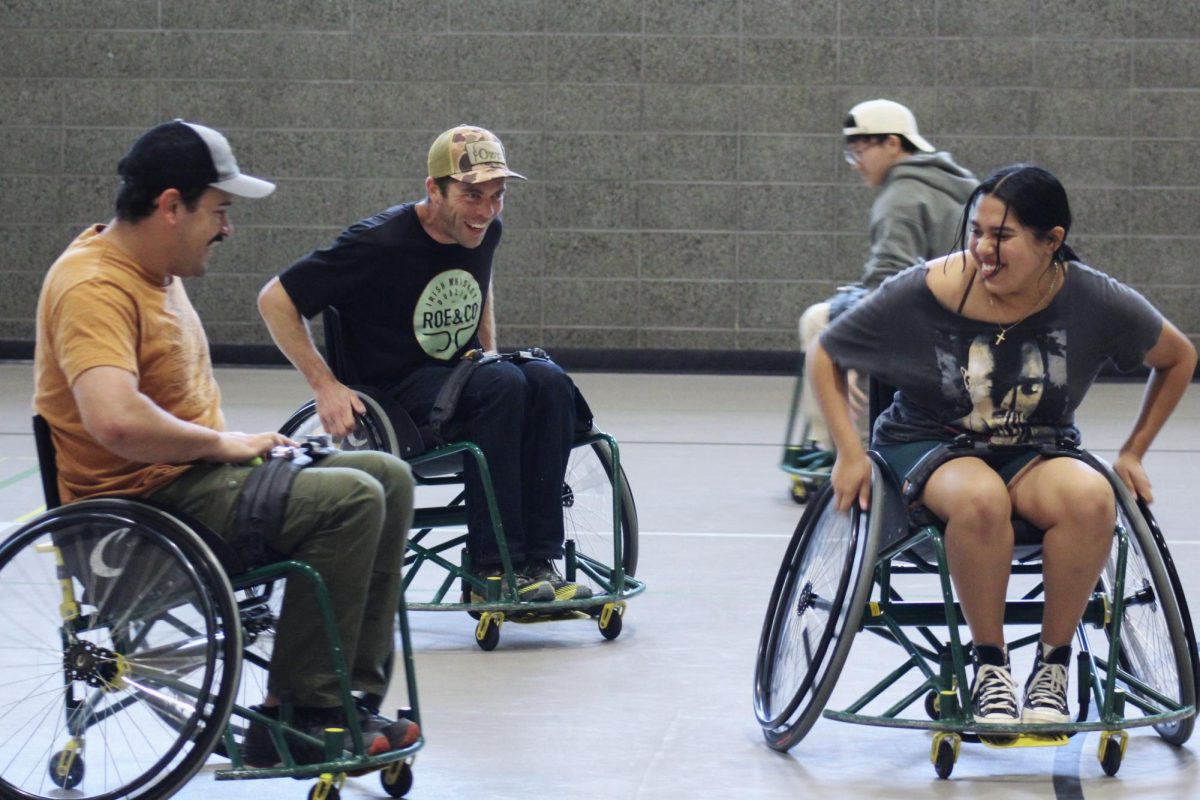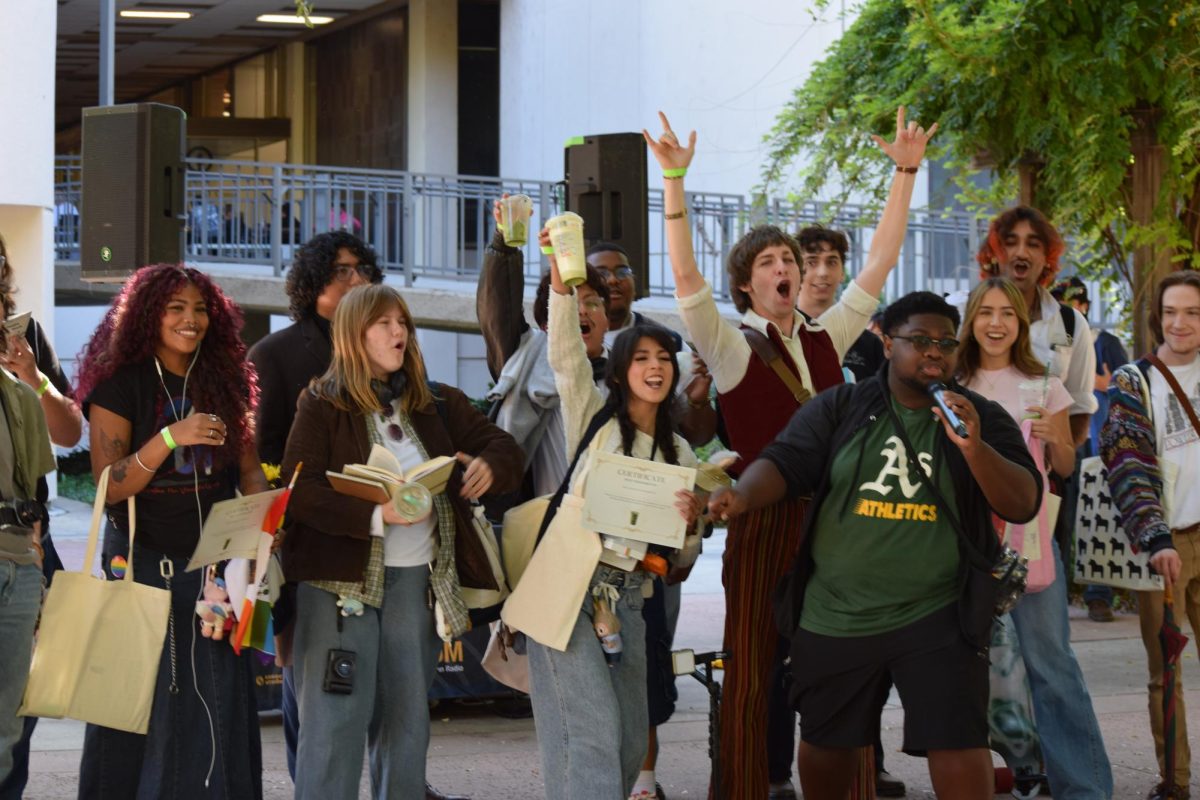CSU alcohol policy aims to fight abuse through education
March 13, 2002
An agreement between six state agencies and the California State University system to fight alcohol abuse by students will not significantly alter Sacramento State?s existing alcohol beverage policy, according to university officials.
The CSU Chancellor?s office expects its recommendations to result in wider education, prevention and enforcement measures.
The agreement commits the state agencies and the CSU to fight alcohol abuse by identifying the nature of individual campus problems, sharing information on grant funding opportunities and cooperating on a legislative agenda to address abuse.
“Alcohol abuse on university campuses continues to threaten the health and academic success of students, and has negative impacts on the campus and surrounding communities,” Chancellor Charles B. Reed said at a meeting in Long Beach last month. “This relationship with these state agencies definitely will make a difference in the lives of CSU students.”
Reed recommended that all CSU campuses formulate alcohol advisory guidelines.
It is an “educational policy initiative,” according to Clara Potes-Fellow, a spokeswoman for the Chancellor?s office.
All campuses will cooperate with the CSU Board of Trustees to demonstrate a strong commitment to prevent alcohol abuse in accordance with the chancellor?s recommendations, Potes Fellow said.
Heather Dunn Carlton, student chair of the Sac State Alcohol Advisory Council, said the agreement is a collaborative effort between university campuses and the state agencies.
Those state agencies include Business, Transportation and Housing, Department of Alcohol Beverage Control, Department of Alcohol and Drug Programs, California Highway Patrol, Department of Motor Vehicles, and the Office of Traffic Safety.
Individual campuses will still be responsible for their own alcoholic beverage policies.
Sac State?s current alcoholic beverage policy focuses on alcohol sales and service, which is directed primarily by the CSUS Foundation.
Dunn Carlton said the revised alcoholic beverage policy focuses more on student information rather than alcohol sales and service.
“Our goal is to improve upon education and intervention,” Dunn Carlton said.
The Alcohol Advisory Council is focusing on a number of areas, but its primary concern is what types of behavior Sac State students are exhibiting in regard to alcohol abuse, Dunn Carlton said.
Shirley Uplinger, Vice President for Student Affairs and policy administrator for the Alcohol Advisory Council, said there would be no substantive changes to the alcohol beverage policy at Sac State.
The Sac State police department has always worked cooperatively with the state agencies mentioned in the agreement, according to campus police spokesman John Hamrick.
A 1997 national study conducted by the Harvard School of Public Health shows alcohol was the most frequently used drug by college students, with more than 80 percent reporting using alcohol in the last year.
The Alcohol Advisory Council will conduct a campus-specific survey in March to determine the scope of student substance abuse at Sac State.
Send comments, questions, or concerns to [email protected]
For questions or information regarding thesite, please contact [email protected]





























































































































